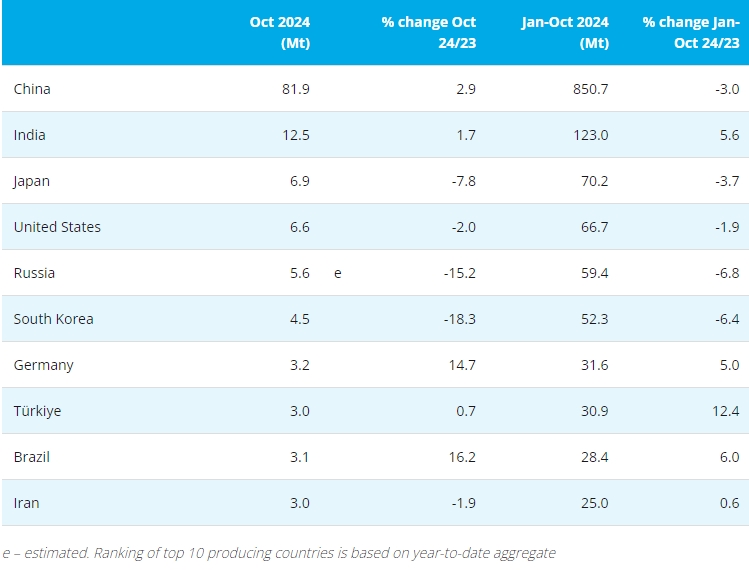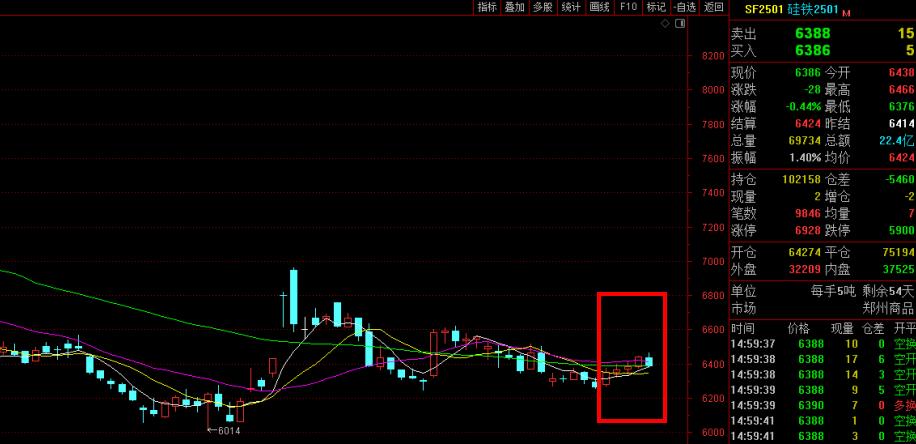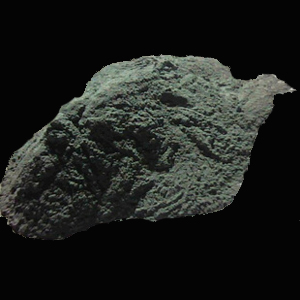[ferro-alloys.com]First Cobalt Corp aims to restart an idled cobalt refinery in Canada within two years and is in talks to supply the battery-grade product to four leading automakers, chief executive Trent Mell said on Wednesday.
The Toronto-based company is planning a $30 million revamp of the plant, located in the appropriately named town of Cobalt, Ontario, which has been shut down since 2015.
The restart would provide U.S. end-users of cobalt, a key ingredient in rechargeable batteries for electric vehicles (EVs), with a refining base nearer to home than China, where most of the world's cobalt refining capacity is located.
"If we can short-circuit the logistics, it provides a ready source of sulphate for the U.S. supply chain," Mell told Reuters in an interview in Shanghai.
The refinery was commissioned in 1996, when it ran on locally sourced cobalt and produced cobalt carbonate used in animal feed — long before the EV revolution took hold.
First Cobalt, which plans to produce cobalt sulphate from the plant, has already carried out a test using cobalt hydroxide from the Democratic Republic of Congo, where most of the world's mined cobalt supply comes from, as feedstock.
"The results that came out last week are indeed that it works," said Mell, who is targeting just over 2,000 tonnes of cobalt sulphate per year, or enough to supply one EV maker.
The four automakers in talks with the company are "big global players" who make cars in the United States, he said without disclosing their identities.
"A couple of them are already producing EVs and a couple of them are not yet there" but looking to the future, he added.
Cobalt prices are currently around $33,000 a tonne, barely one-third of the peak of over $95,000 a tonne hit in March 2018.
"It's not always easy to have all your material delivered to the big Chinese refiners when the price is coming down," Mell said, noting that U.S. imports of cobalt from China are currently subject to a 10 percent import tariff.
Mell is giving himself six months to select a cobalt hydroxide feedstock, after which he said there will be an 18 to 24-month process before the restart.
"Six months to me is a long time, " he said. "If we can compress that, I'd love to think we'll be in production in two years."
(Mining.com)
- [Editor:王可]



 Save
Save Print
Print Daily News
Daily News Research
Research Magazine
Magazine Company Database
Company Database Customized Database
Customized Database Conferences
Conferences Advertisement
Advertisement Trade
Trade


















Tell Us What You Think